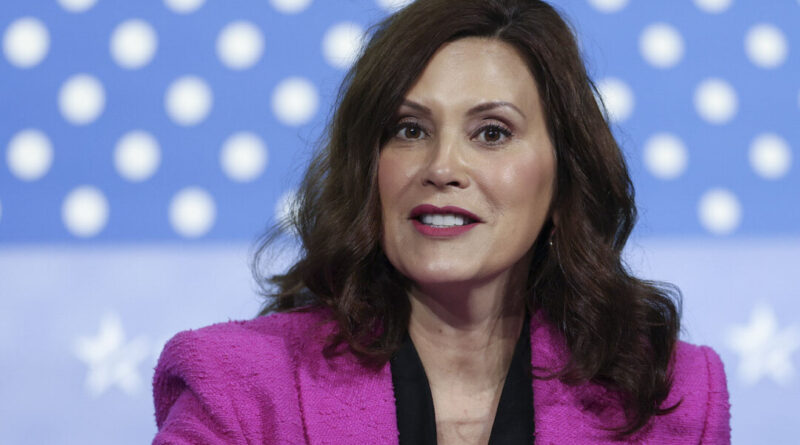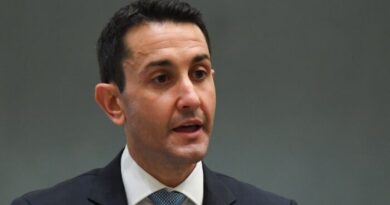Michigan Governor Caution Against Tariffs on Mexico and Canada that may Harm US Auto Industry
President-elect Donald Trump has pledged to impose strict tariffs on goods from Canada and Mexico due to concerns about illegal immigration and drug trafficking.
Michigan Gov. Gretchen Whitmer cautioned on Wednesday that tariffs aimed at Canada and Mexico could harm the U.S. auto industry, just before President-elect Donald Trump’s inauguration.
If Canada or Mexico do not address illegal immigration and drug trafficking into the United States, Trump has promised to implement significant tariffs on their goods.
Whitmer, a Democrat, expressed in a speech in Detroit that imposing tariffs would disrupt supply chains, slow down production, and lead to job losses on both sides of the border.
She highlighted that a significant portion of Michigan’s auto parts are exported to neighboring countries, warning that China stands to benefit the most from any disruptions to America’s auto industry caused by tariffs.
Whitmer emphasized that many auto parts cross the border multiple times before becoming part of a finished vehicle, and about a quarter of the $700 billion of annual trade between the U.S. and Canada passes through the Detroit-Windsor frontier.
In discussions with Ontario’s premier and Canadian officials, Whitmer and her team are exploring ways to collaborate on tariffs, reduce business costs, and shield Michigan’s industry and consumers.
Trump’s comments about implementing tariffs were not addressed by Whitmer in her speech. Following his victory, Trump announced on social media his intention to impose 25 percent tariffs on Mexico and Canada unless they address illegal immigration and drug trafficking.
During a press conference in Florida, Trump reiterated his plans to impose tariffs on both countries, jokingly suggesting that Canada could become the 51st U.S. state.
He also raised concerns about Canada being subsidized and emphasized the need for them to contribute more financially, especially for military support they receive from the U.S.
Trump believes that tariffs will benefit the U.S. economy, stating that they will make the country wealthier and help balance trade deficits with other nations.
Various Canadian officials, including Ontario Premier Doug Ford and Prime Minister Justin Trudeau, have pledged to respond economically if the U.S. imposes tariffs on Canada.
They argue that a trade war between the two countries would ultimately benefit China and Chinese-backed companies, creating economic uncertainty and harming American and Canadian workers.
Before that, Ford indicated that Ontario could halt energy exports to three northern U.S. states as a last resort in response to potential tariffs from the Trump administration.
Reuters contributed to this report.



